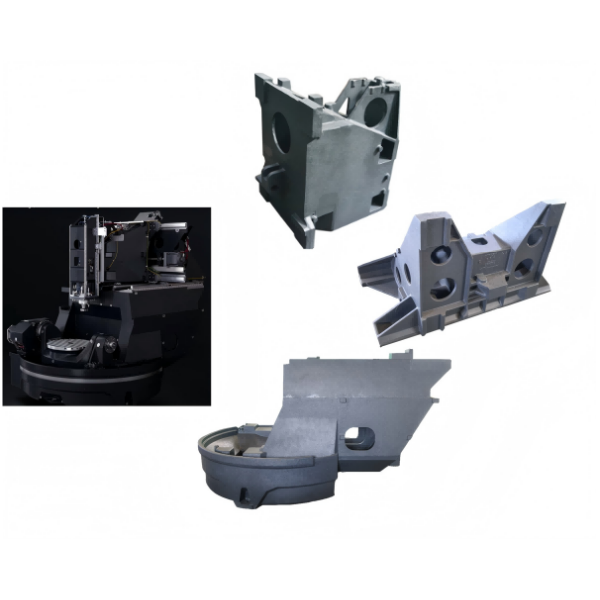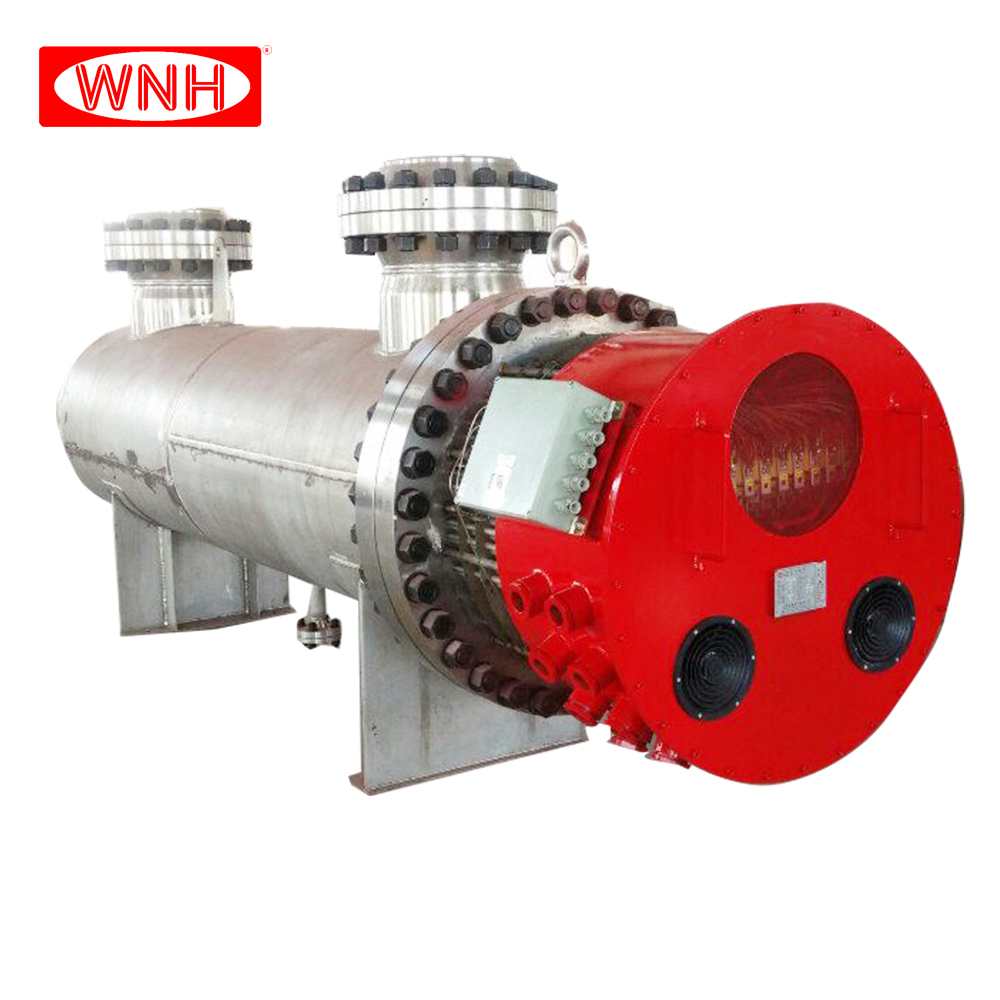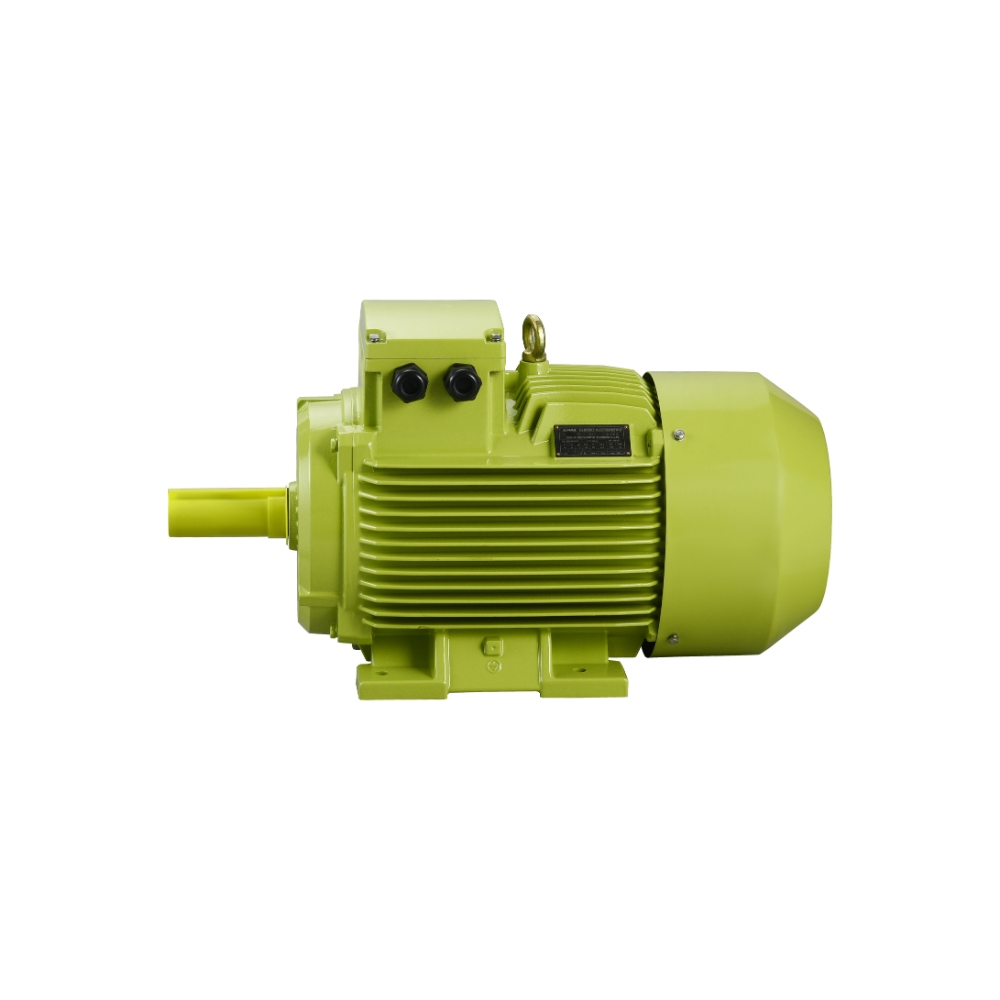In the rapidly evolving landscape of technology, the question of whether laser printers are being phased out has become increasingly pertinent. As businesses and consumers alike seek more efficient, cost-effective, and environmentally friendly printing solutions, the traditional laser printer faces significant competition from alternative technologies. This article delves into the current state of laser printers, examines emerging trends, and explores the factors influencing their potential decline.
The Current Landscape of Laser Printers
Laser printers have long been a staple in both office and home environments, renowned for their speed, precision, and ability to handle high-volume printing tasks. Utilizing a laser beam to produce high-quality text and images, these printers have established themselves as reliable workhorses. However, the rise of inkjet printers, multifunction devices, and digital printing technologies has begun to challenge their dominance.
Advantages of Laser Printers
- Speed and Efficiency: Laser printers are capable of producing pages at a rapid pace, making them ideal for businesses with high-volume printing needs.
- Cost-Effectiveness: While the initial investment in a laser printer may be higher than that of an inkjet, the cost per page is generally lower, especially for monochrome printing.
- Print Quality: Laser printers excel in producing sharp text and graphics, making them suitable for professional documents.
The Rise of Alternative Technologies
Despite their advantages, laser printers are facing increasing competition from several emerging technologies:
- Inkjet Printers: Modern inkjet printers have made significant strides in speed and quality, often rivaling laser printers for everyday tasks. They are particularly favored for color printing, where laser printers may struggle with vibrancy.
- Multifunction Devices: The demand for all-in-one solutions has led to the popularity of multifunction printers (MFPs), which combine printing, scanning, copying, and faxing capabilities. These devices often utilize inkjet technology, providing versatility that laser printers cannot match.
- Digital Printing: For businesses that require high-quality, short-run printing, digital printing technology offers a compelling alternative. This method eliminates the need for printing plates, allowing for quicker turnaround times and reduced waste.
Environmental Considerations
As sustainability becomes a focal point for many organizations, the environmental impact of printing technologies is under scrutiny. Laser printers, while efficient, often rely on toner cartridges and can produce ozone emissions during operation. In contrast, inkjet printers have made strides in reducing waste through refillable ink tanks and eco-friendly cartridges.
Moreover, the growing trend towards digital documentation and paperless offices is further diminishing the need for traditional printing solutions. As businesses adopt cloud-based technologies and digital workflows, the reliance on physical printouts is decreasing.
Market Trends and Consumer Preferences
Recent market analyses indicate a shift in consumer preferences towards more versatile and eco-friendly printing solutions. According to industry reports, the global inkjet printer market is expected to grow significantly in the coming years, while the laser printer market is projected to experience stagnation or decline.
Additionally, the rise of remote work and hybrid office models has influenced printing habits. Many employees now prioritize compact, multifunction devices that can accommodate a variety of tasks without taking up valuable office space.
Conclusion: The Future of Laser Printers
While laser printers are not being entirely phased out, their role in the printing ecosystem is undoubtedly evolving. The combination of technological advancements, changing consumer preferences, and environmental considerations suggests that laser printers may become less prominent in the future.






